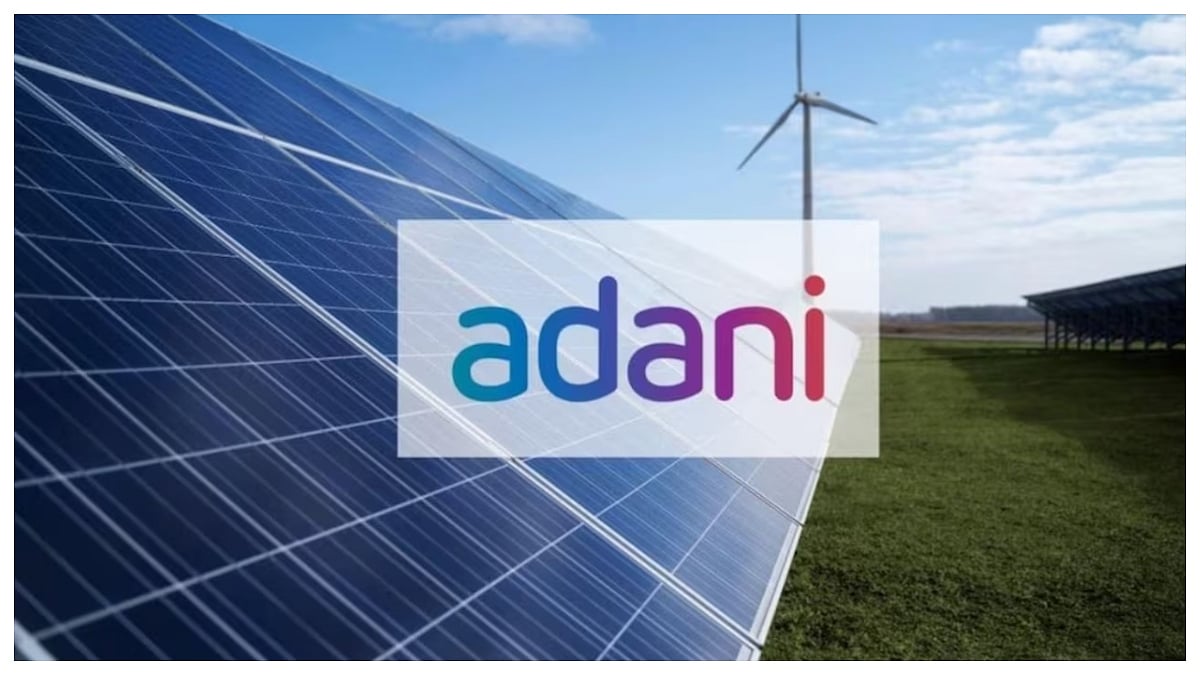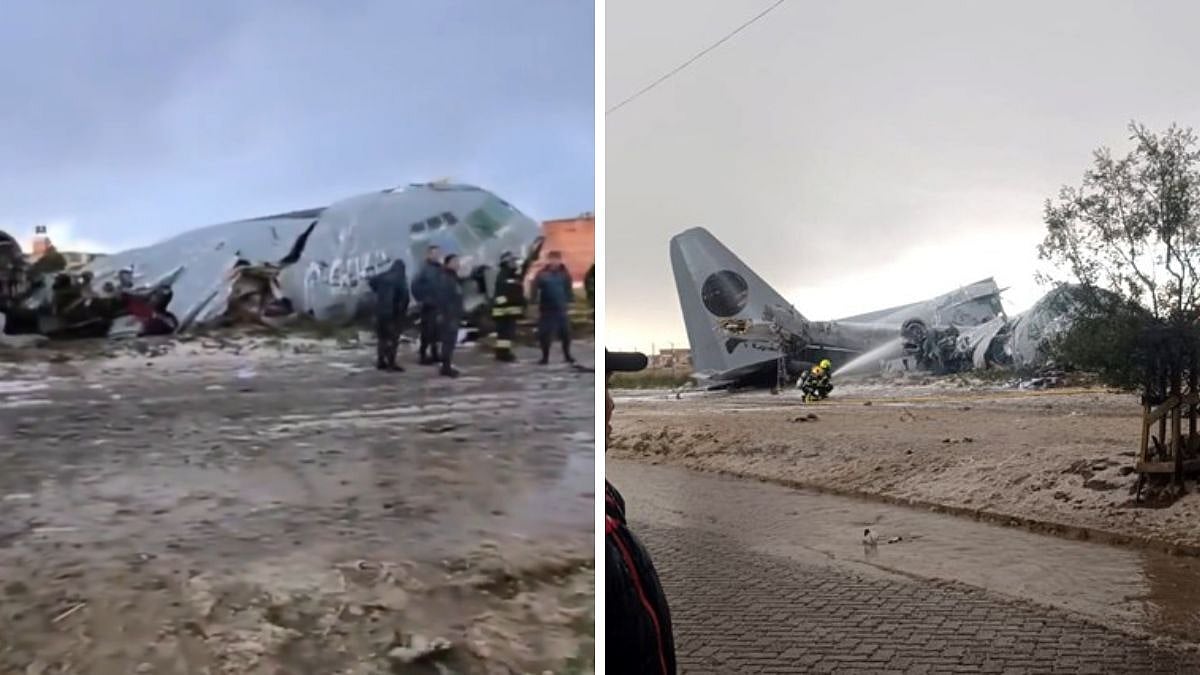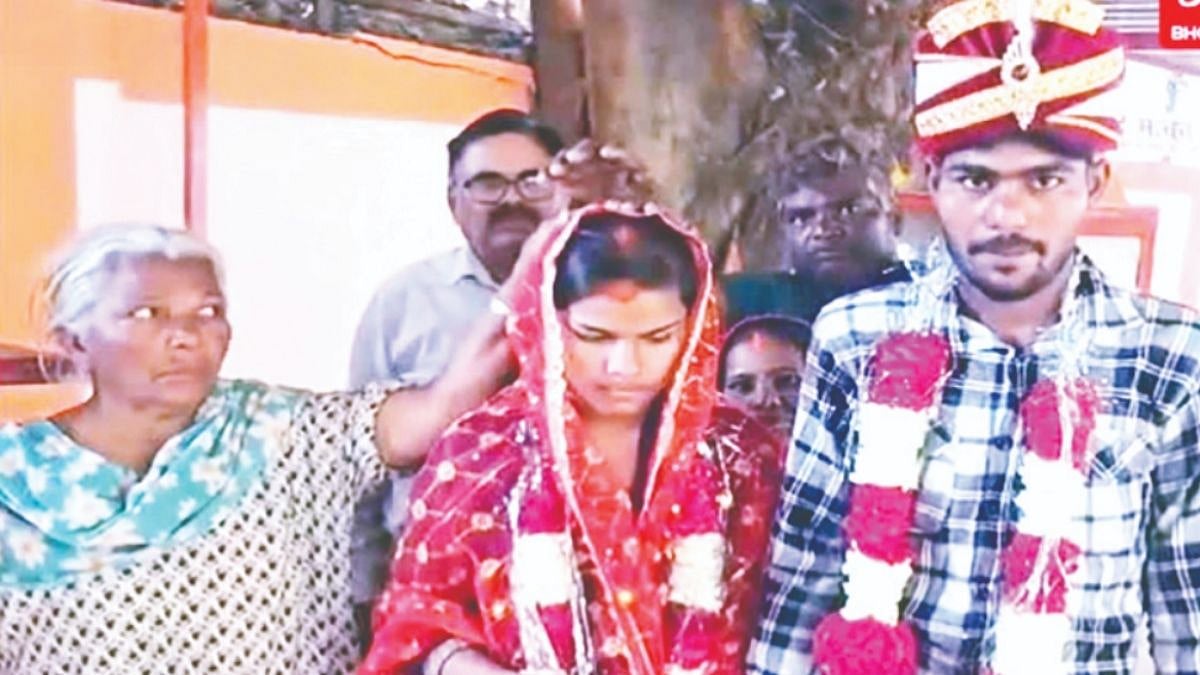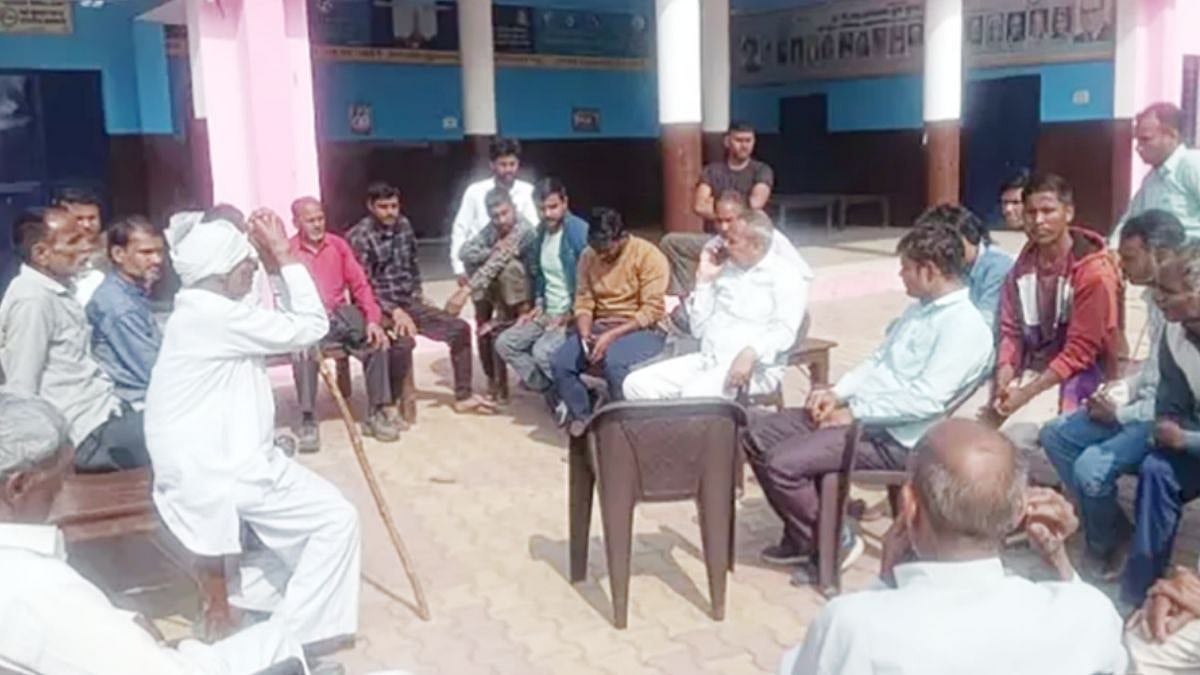There appears to be a silver lining for the survival of democracy in Pakistan, evident from Pakistan's Prime Minister, Shahbaz Sharif's categorical assertion that general elections will be held in November 2023, preceding the dissolution of parliament on August 8. If this comes to fruition, it may save the fragile democracy and end multiple conflicts, including the direct confrontation between the Supreme Court and the Sharif government on one hand and the President and ruling dispensation on the other.
The current parliament's term is set to end on August 12, 2023, and the final date of parliamentary polls will be announced soon by the Pakistan Election Commission, eagerly awaited by the people. A caretaker government will be appointed by President Arif Alvi, responsible for conducting the elections. However, there are concerns that the elections may not be entirely 'Free and Fair,' as they may be influenced by the army and external forces.
Experts suggest that the International Monetary Fund (IMF)'s decision to approve a $1 billion loan to Pakistan may help the nation avert an economic disaster and distress, making it possible to hold elections amidst the threat of imminent financial collapse. Previously, the IMF had suspended the revival of a bailout package due to Islamabad's failure to comply with the terms.
The relationship between the army and the Sharif government seems to be working in tandem to keep Imran Khan out of power. The army's support will be crucial for Prime Minister Shahbaz to win the parliamentary polls, similar to the support witnessed during the installment of Imran Khan as the 22nd prime minister in 2018. However, that alliance fell apart, leading to Khan's downfall. Now, the focus is on preventing Imran Khan's return to power, and the election commission may play a significant role in this. General Munir, the army chief, feels offended and downgraded after facing criticism from politicians, and the army may prefer another 'Puppet' government to maintain its supremacy.
Nawaz Sharif, the leader of Muslim League (N) and PM Sharif's elder brother, is expected to return from London to re-enter the political arena following the adoption of a bill in parliament that limits the disqualification period of any parliamentarian from a lifetime ban to 5 years. The Sharif brothers may play the Anti-India card against Imran Khan's party, which could damage Khan's party's prospects. The current political instability in Pakistan has led to economic hardships for the people, and the new government may take steps to address these issues. Additionally, security threats from within the country have jeopardized the lives of common people, making it crucial to establish stability through the upcoming elections.
The role of the Supreme Court is being praised, with observers anticipating that the present Chief Justice, Umar Ata Bandial, will retire on September 16, 2023, and Justice Quazi Faiz Isa will assume the position. This change in leadership may help settle issues, including divisions amongst the judges in the top court itself.
Political observers believe that turmoil in Pakistan is not in the interest of the region and India, as it increases the chances of military takeovers. Timely elections may prevent such instability, even though Pakistan's democracy remains fragile. Turmoil in Pakistan brings it closer to China's model of dictatorship, which is counterproductive to India's interests. Furthermore, instability in Pakistan encourages terrorist groups to escalate activities in Kashmir, benefiting the army's agenda of maintaining violence.
The United States favors a democratic government in Pakistan and played a latent role in approving the IMF loan, wanting the country to survive and counterbalance China's influence to some extent. While Imran Khan initially blamed America for his ouster, he later changed his stance when it didn't yield the desired result. The United States has maintained influence over Pakistan's military, and the previous army chief sought US administration assistance to secure the bailout package from the IMF. Some Pakistani leaders have acknowledged the mistakes of engaging in wars with India, realizing it gained nothing, although some politicians continue to emphasize the Kashmir issue. Initiatives to improve relations with India, such as a trade model proposed by the former army chief, were left unfulfilled.
Analysts predict that due to international and domestic pressure, parliamentary polls may be held within three months, providing a ray of hope for the survival of democracy in Pakistan, which is currently at a crossroads.
(Writer is political analyst and senior journalist based in Shimla)





